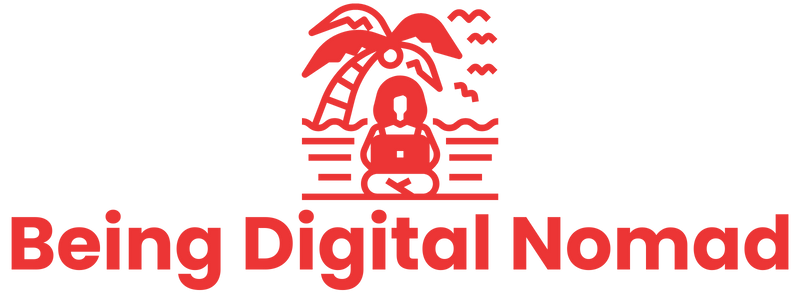Key Takeaways
- 131% rise in American digital nomads, notably among traditional workers and younger generations.
- High job satisfaction (80%) among nomads contrasts with executives’ regret (80%) over rushed return-to-office plans.
- 58% of nomads prefer remote work; companies reconsidering strategies due to employee pushback, adapting policies accordingly.
- EY’s approach to addressing specific concerns led to a 150% increase in in-office attendance.
The key to harmonious work solutions lies in understanding and addressing employee preferences.
The rise in digital nomadism and the rethink of return-to-office (RTO) policies paint a vivid picture of the evolving work landscape.
Digital Nomad Trend Soars
According to a Forbes report, digital nomadism has gone mainstream, with 17.3 million Americans adopting the lifestyle, indicating a 131% growth from 2019 to 2022, as per a report by MBO Partners.
A noteworthy statistic is the tripled number of traditional workers becoming digital nomads since 2019.
The pandemic-driven shift brought about fresh attitudes regarding work locations, with younger generations, primarily Gen Z and millennials, leading the charge.
In the report, Miles Everson, CEO of MBO Partners, states, “Expect digital nomads to be a greater percentage of the total workforce.”
The report noted that the benefits of this trend are reflected in job satisfaction levels:
- 80% of digital nomads report high job satisfaction.
- 82% are content with their income, with geo arbitrage playing a role in cost savings.
However, income reporting varies due to diverse working patterns.
It’s worth noting that while many employers advocate office returns, 58% of digital nomads, predominantly from younger generations, choose this lifestyle and plan to continue.
Regret Over Rushed Return-To-Office Plans
However, alongside the rising digital nomad trend, there’s a growing sentiment of regret among executives about premature return-to-office decisions.
As stated in a CNBC report, new research from Envoy reveals that 80% of bosses wish they had devised their office return plans more thoughtfully.
Larry Gadea, Envoy’s CEO, emphasizes the need for decisions rooted in employee data rather than mere executive opinions.
The uncertainty of employee office preferences posed challenges for company strategies, affecting real estate decisions.
In the report, Kathy Kacher, president of Career/Life Alliance Services, says that many firms have had to reconsider or modify their plans due to employee pushback.
Some major corporations, including Disney, Starbucks, and BlackRock, are revisiting their hybrid work policies.
Even Zoom, known for its flexibility, now requires employees near their offices to attend at least twice a week.
Solutions and Anticipated Changes
Successful strategies include seeking employee feedback, as illustrated by Ernst & Young (EY).
After pausing their initial return plan due to rising COVID-19 cases, they identified employees’ specific concerns, like pet and child care. EY’s solution, a reimbursement fund for commuting, pet care, and dependent care, led to a 150% surge in in-office attendance.
“Some organizations are still in denial that people aren’t coming back to the office, and some have moved into the acceptance phase, where they’re ready to think more creatively or differently,” she says, per the report. “But it’ll take time for all of us to get there together.”
What We Think
The surge in digital nomadism signals a significant shift in work preferences, especially among younger generations. While employees express contentment with remote work, corporate leaders reflect regret over hasty return-to-office decisions.
This mismatch emphasizes the need for a nuanced understanding of employee preferences. Successful strategies, like EY’s adaptive approach, underscore the importance of addressing specific employee concerns for smoother transitions.
Companies willing to adapt to changing work dynamics may witness increased engagement and satisfaction among their workforce. Adjusting corporate strategies in alignment with employee preferences remains pivotal in fostering a harmonious work environment.

